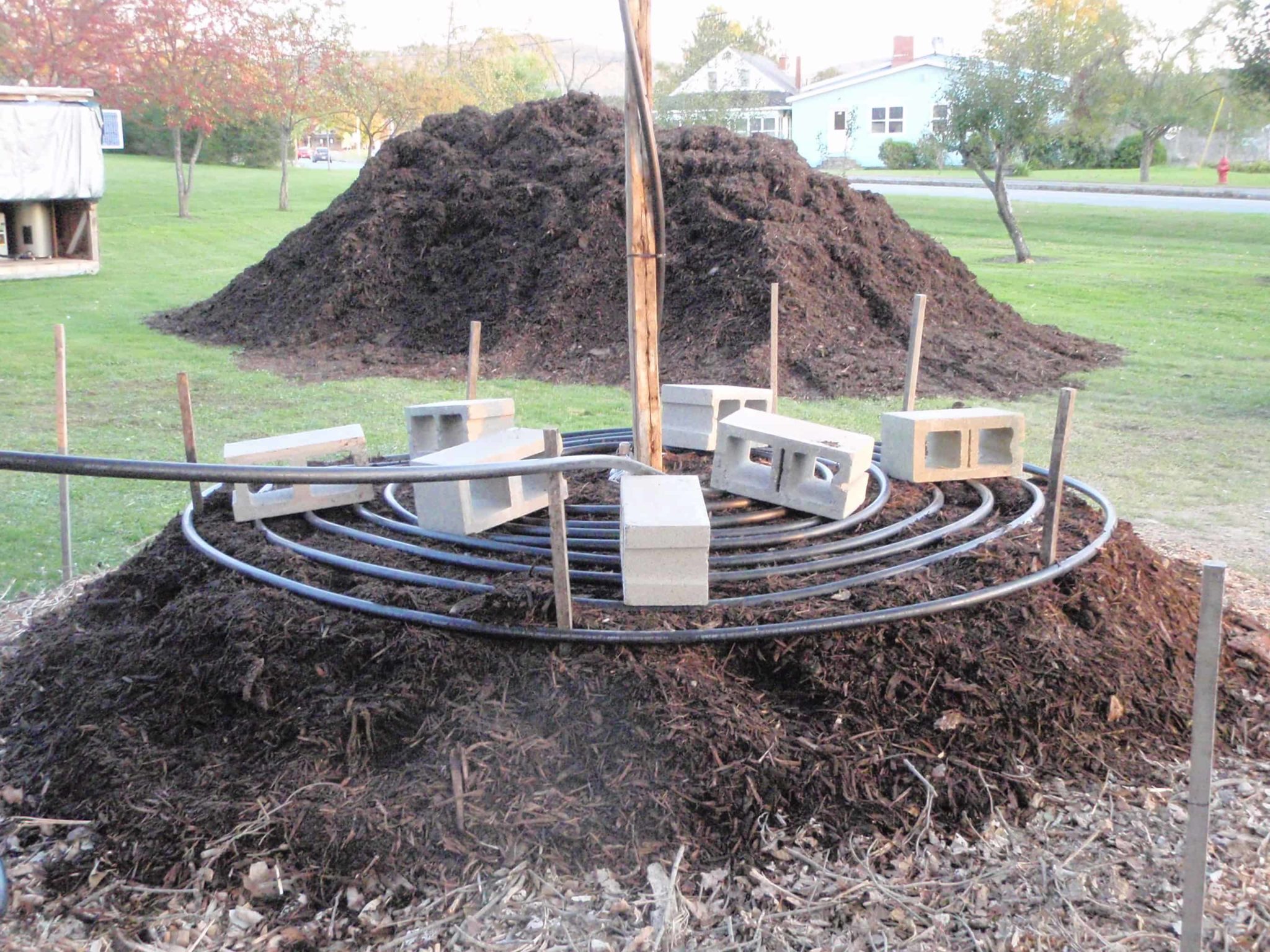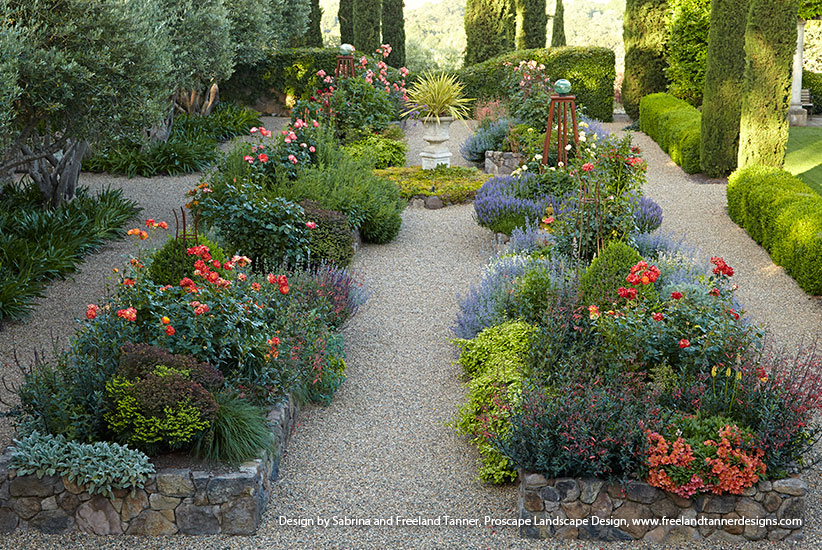Compost Power: How To Turn Your Food Scraps Into Nutrientrich Soil
Compost Power: How to Turn Your Food Scraps into Nutrient-Rich Soil
Composting is the process of breaking down organic materials into a nutrient-rich soil amendment called compost. It's a great way to reduce your household waste, improve your garden's health, and help the environment.
In this blog post, we'll discuss how to turn your food scraps into compost. We'll cover everything from choosing the right materials to maintaining your compost pile. So whether you're a seasoned composter or just getting started, read on for all the information you need to get started.
Why Compost?
There are many reasons to compost. Here are just a few:
- Reduces your household waste. Composting diverts food scraps and other organic materials from landfills, where they would produce methane, a potent greenhouse gas.
- Improves your garden's health. Compost adds nutrients to the soil, making it more fertile and productive. It also helps to improve the soil's structure, making it easier for water and air to penetrate.
- Helps the environment. Composting reduces the need for chemical fertilizers and pesticides, which can pollute waterways and harm wildlife. It also helps to conserve water and energy.
What Materials Can You Compost?
Almost any organic material can be composted, including:
- Food scraps: Fruits, vegetables, eggshells, coffee grounds, tea bags, and yard trimmings.
- Yard waste: Grass clippings, leaves, and straw.
- Paper products: Shredded paper, cardboard, and paper towels.
- Wood products: Sawdust, wood chips, and bark.
- Animal manure: From herbivores, such as cows, horses, and rabbits.
What Materials Should You Not Compost?
There are a few materials that should not be composted, including:
- Meat, dairy, and fish: These materials can attract pests and rodents.
- Grease and oil: These materials can make your compost pile anaerobic, which can produce harmful odors.
- Pet waste: Pet waste can contain harmful bacteria and parasites.
- Diseased plants: Composting diseased plants can spread the disease to other plants.
- Weeds: Composting weeds can help them spread to other areas of your garden.
How to Start a Compost Pile
Once you've gathered your materials, you're ready to start a compost pile. There are two main types of compost piles:
- Open piles: These are the simplest type of compost pile. They can be made from a variety of materials, such as a pile of dirt or a bin made from wood or plastic.
- Closed bins: These bins are more enclosed than open piles, which helps to keep pests and rodents out. They can also help to retain moisture and heat, which can speed up the composting process.
No matter what type of compost pile you choose, there are a few basic steps to follow:
- Choose a location for your compost pile. It should be in a shady spot that receives some sunlight.
- Add a layer of brown material to the bottom of the pile. This could be shredded leaves, straw, or wood chips.
- Add a layer of green material to the brown material. This could be food scraps, coffee grounds, or yard trimmings.
- Continue adding layers of brown and green material, alternating them as you go.
- Keep the compost pile moist, but not soggy. You can water it as needed, or cover it with a tarp to help retain moisture.
- Turn the compost pile every few weeks to aerate it and speed up the decomposition process.
With a little care and attention, you'll soon have a pile of nutrient-rich compost that you can use to improve your garden's health.
Conclusion
Composting is a great way to reduce your household waste, improve your garden's health, and help the environment. It's easy to get started, and there are many different ways to compost. So what are you waiting for? Start composting today!
Compost Power is a New York City-based organization that is working to make composting more accessible and affordable for everyone. They offer a variety of services, including:
- Consultation: If you're not sure how to compost, Compost Power can help you get started. They can answer your questions about composting methods, materials, and equipment.
- Site design and build: If you're interested in creating a community compost site, Compost Power can help you design and build it. They can also help you find funding for your project.
- Training and workshops: Compost Power offers a variety of training and workshops on composting topics. These workshops are perfect for people of all ages and backgrounds who are interested in learning more about composting.
In addition to these services, Compost Power also sells compost. This compost is made from food scraps and other organic materials that have been composted at their facilities. The compost is nutrient-rich and can be used to improve the soil in your garden or yard.
If you're interested in learning more about Compost Power, or if you're interested in composting, I encourage you to visit their website at Garden Wiki.
FAQ of compost power
- What is compost power?
Compost power is the process of using compost to generate electricity. Compost is a mixture of organic materials, such as food scraps, yard waste, and wood chips, that has been decomposed by microorganisms. When compost is heated, it releases methane, a combustible gas that can be used to generate electricity.
- How does compost power work?
Compost power plants typically use large, enclosed containers to heat compost. The heat from the compost is then used to generate steam, which drives a turbine that generates electricity. The electricity can then be used to power homes, businesses, and other facilities.
- What are the benefits of compost power?
Compost power has a number of environmental benefits. It can help to reduce greenhouse gas emissions, conserve water, and improve soil health. Compost power can also help to create jobs and boost the economy.
- What are the challenges of compost power?
One challenge of compost power is that it can be expensive to build and operate compost power plants. Another challenge is that the quality of the compost can vary, which can affect the amount of electricity that can be generated.
- What are the future prospects for compost power?
The future prospects for compost power are promising. As the demand for renewable energy grows, compost power is becoming a more attractive option. In addition, technological advances are making it more efficient and cost-effective to produce compost power.
Image of compost power
- A pile of compost with the caption "Compost power: Turning food scraps into nutrient-rich soil."

- A garden bed with lush, green plants growing in it, with the caption "Compost power: Feeding your plants with the nutrients they need."

- A farmer tending to a field of crops, with the caption "Compost power: Helping farmers grow healthy crops."

- A family gathered around a compost bin, with the caption "Compost power: Teaching kids about the importance of sustainability."

- A planet with the caption "Compost power: Reducing our impact on the environment."

Post a Comment for "Compost Power: How To Turn Your Food Scraps Into Nutrientrich Soil"